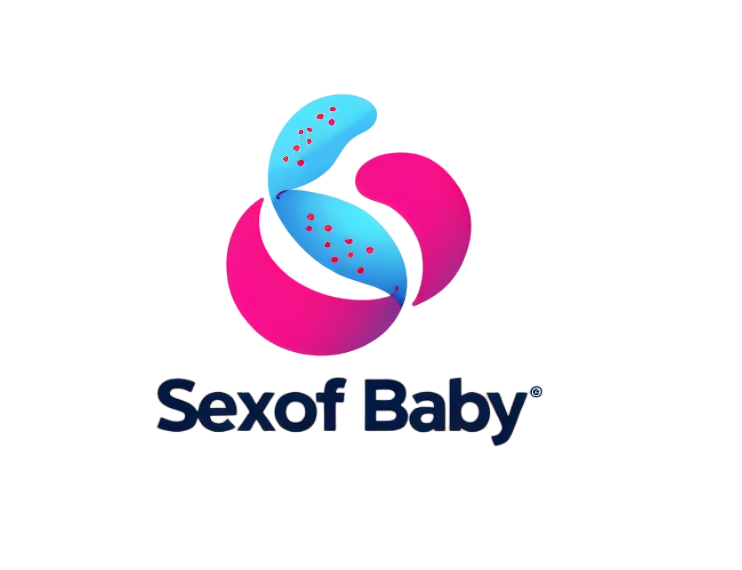How does the artificial intelligence algorithm work and how reliable is it?
We have developed an artificial intelligence algorithm to predict as early as nine weeks of pregnancy, the sex of a fetus from ultrasound images. To do this, we have assembled a database of more than 10,000 ultrasound images annotated with the term of pregnancy and the sex of the fetus.
After analyzing these classified images, our algorithm became able to correctly classify images of girl / boy fetuses.
What's even more interesting, is that the program can also correctly classify images of fetuses that it has never seen during the learning phase !
This is called the ability to generalize and this is how the algorithm is smart ! Thus, our algorithm can predict the sex of a baby as early as 6 weeks of pregnancy with 95% average reliability and up to 99%. This is possible, even when we cannot see the genital nub which is the undifferentiated organ that will transform into a penis or clitoris during pregnancy and which can be interpreted to identify the sex of the baby from 10 weeks of pregnancy.
This unique and revolutionary method is currently the subject of research work for future publication in a scientific magazine in order to join the reliable and proven methods by science to know your baby’s gender !
The Best Gender Detection AI Solutions
While choosing scientifically-based AI gender detection is undoubtedly the best option for expectant parents, it's important to know which one will work best for you. The method you choose is determined by how far along in the pregnancy you are, and they begin at six weeks post-conception.
The Ramzi Theory
The Ramzi theory is one of the most trusted gender detection AI systems, accurately determining gender in 97.2% of males and 97.5% of females. Developed by Dr. Saam Ramzi Ismail, this non-invasive method uses ultrasound pictures to determine which side of the uterus the chorionic villi ("wispy projections of placental tissue" that will become the placenta and "share the baby's genetic makeup") are attached to. Dr. Ramzi studied over 15,000 pregnant women in his quest to find an accurate way to determine a baby's gender far earlier than any other predictive solution and discovered that the position of the chorionic villi was one of the most trustworthy markers of whether a fetus was male or female. But how does it work?
Scientific research shows that both male and female fetuses have a natural polarization in the womb, with males magnetizing toward the right side and females toward the left. As the placenta develops, it will grow on the side the baby favors, making it easier for them to receive the oxygen and nutrients necessary for healthy growth. The AI can predict with almost 100% accuracy whether the baby is a boy or a girl by which side of the womb the chorionic villi, which will later become the placenta, grow.
The Nub Theory
If you've passed the six to eight-week mark in your pregnancy, there is still an effective AI baby prediction tool you can use to find out your little one's gender. The Nub Theory revolves around the positioning of the baby's genital tubercle, which forms on the baby's lower abdomen in early pregnancy. As it develops, the "nub" will become a clitoris in females or a penis in males. The way this theory works is by getting a good look at how the baby's nub is positioned, better known online as "the angle of the dangle" (oh yeah, you read that right!), to determine if it is a boy or girl. Depending on its relation to the baby's spinal cord, you can determine which direction it will continue developing, indicating what genital it will become. This method is a great option for parents who missed the early Ramzi theory window but don't want to wait for another one to two months to find out their baby's gender.
Find out today if you are expecting a boy or a girl by sending your ultrasound !


